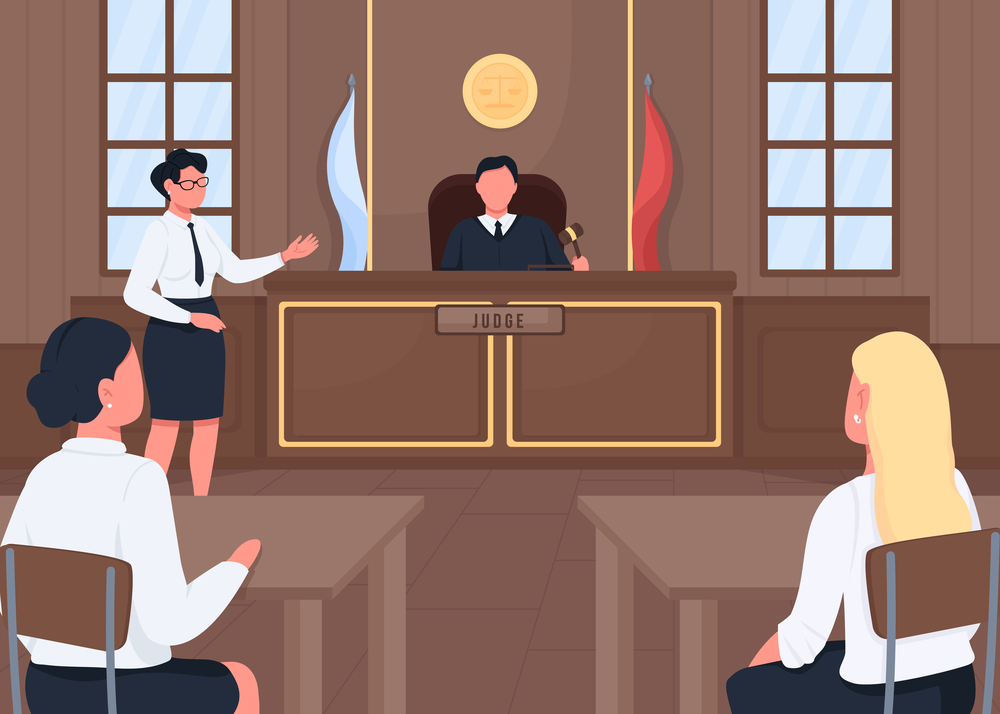Each and every assault case is different, and it is not unusual for those who are charged with the offence to feel aggrieved or unfairly prosecuted.
Assault charges range in severity from common assault to Grievous Bodily Harm, with each offence carrying its own minimum and maximum sentences that a guilty verdict could bring.
Being accused of an assault is stressful and upsetting, putting personal relationships under strain and your very future at risk.
When accused of an assault there are a variety of different approaches that you can take to fighting the charges and building the best possible case for the defence.
The best thing to do is to get in touch with an experienced criminal lawyer who will walk you through the charges against you and help you to understand the approach that they recommend for your defence.
To give you an idea of what to expect, we have put together this guide looking at just a few of the potential defences to assault or assault to injury Scotland offences that your lawyer could recommend.

Self-defence
Self-defence is probably the most common defence that is used in assault cases across the world, and the UK is no different. If you find yourself in a situation where you are under threat of attack yourself, you have the right to use reasonable force to protect yourself.
‘self’-defence is only one situation in which this reasonable force can be legally used, with others including the defence of others, defence of property, or the prevention of crime.
When determining if such force was necessary, certain questions will need to be answered by the defence that is presented including why force was required in the first place and was the force used reasonable given the threat in question. The less reasonable the belief that force was needed is, the less likely that the court will accept this defence.
It is possible that a person could use more force than was required given the situation if they are able to prove sufficiently that they honestly believed that it was. This can be a murky area as it can come down to how certain individuals interpret a situation. For example, if you feel that you are genuinely under serious threat of physical attack, but have not yet been attacked, you can use reasonable force in self-defence but will need to prove that you did indeed feel threatened.
Mistaken identity
If you were not the one who committed the assault that you are accused of it is easy to assume that the truth will out and you will be found not guilty in a court of law. Whilst it would be nice to think this is always the case, it is still essential that you find yourself a great criminal lawyer who will prove that you were indeed the victim of mistaken identity.
This may include giving credit to your alibi for the time and date in question or providing evidence that the crime was committed by another, thus throwing reasonable doubt over the prosecution’s allegations.
Recklessness
There is a common misconception that you can only be charged with assault if you intentionally tried to hurt another person. In reality, you can be charged with common assault if you recklessly caused harm to another. Reckless, in this context can be interpreted as unintentional, meaning that arguing a lack of intent is not necessarily enough to get charges dismissed.
However, charges of ‘reckless’ assault are highly likely to result in a less severe penalty in comparison to charges of intentional assault, and a criminal lawyer may well build the defence of their client around proving that an assault was indeed unintentional.
How to pick the right defence?

There are many different factors that go into determining which defence should be used when facing assault charges. These include the details of the event in question, the intent or lack of intent behind it, and the severity of any injuries that were caused.
Picking the right one is vital, and it is no exaggeration to say that a mistake at this stage could add years to any sentence or result in an avoidable guilty verdict. A big decision then, and not one that should be taken lightly. The best thing to do is to contact an experienced criminal defence lawyer at as early a stage as possible, before you have even been charged if possible.
They will have the experience of a raft of previous similar cases to call on when deciding on the most appropriate defence for you and will guide you through the process to ensure that you don’t make any mistakes that could harm your case.